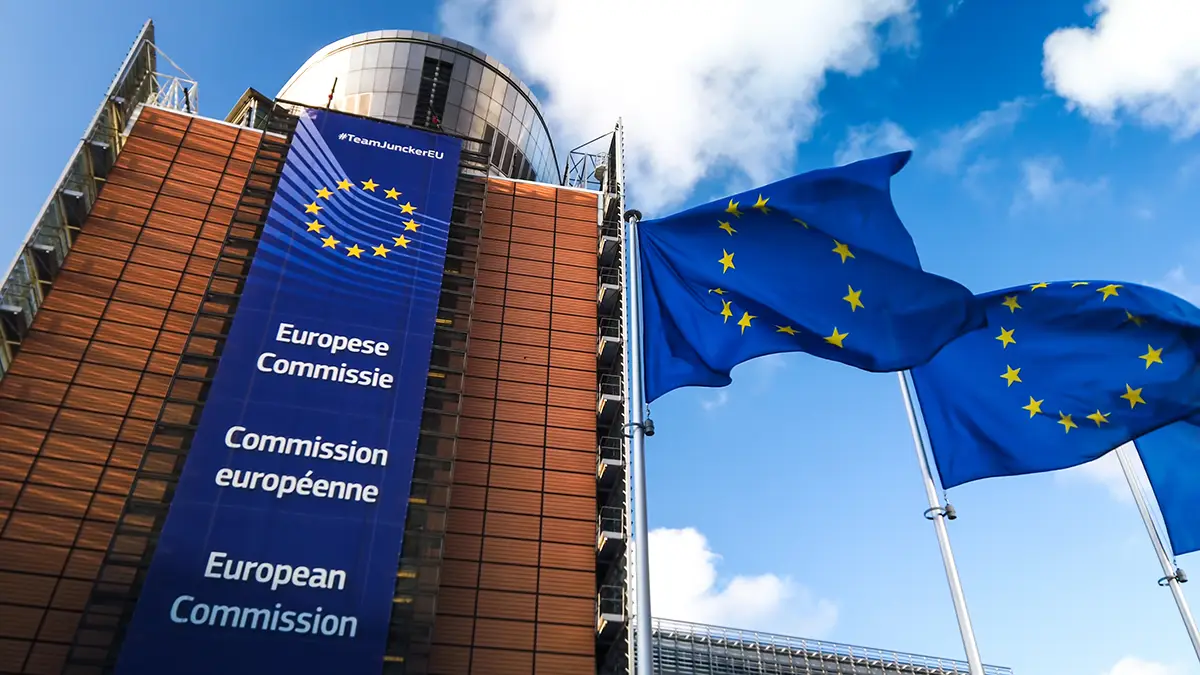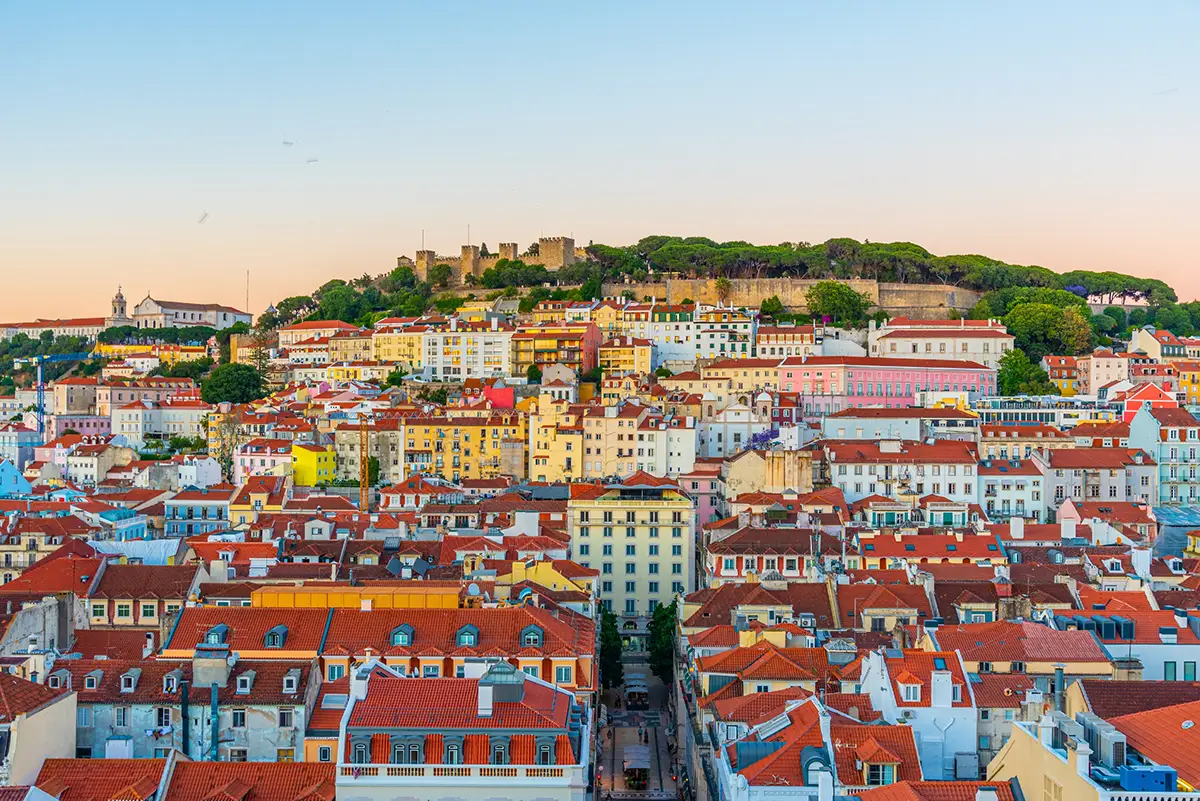
As a sociopolitical and economic organisation, the European Union is composed of seven key institutions, which are responsible for the governance and decision-making processes for all EU policies: the European Parliament, the European Council, the Council of the European Union (two different entities), the European Commission, the Court of Justice of the European Union, the European Central Bank and the European Court of Auditors. On June 27th 2024, the European Council elected a new President, and the mantle has fallen to António Costa, the former Portuguese Prime Minister.
This decision places Portugal prominently in the spotlight within the European Union. Costa's political legacy as Prime Minister was marked by significant reforms, including the contentious termination of the Golden Visa program through the Real Estate option. This move, part of his broader strategy to address housing affordability and speculation concerns, brought both praise and criticism domestically and internationally.
What is the European Council?
The European Council, not to be confused with the Council of the European Union, is one of the EU’s executive bodies, alongside the European Commission. Essentially, the European Council is the EU’s guiding hand, leading the organisation in matters of political priorities and overall direction, as well as setting the EU's common foreign and security policy.
All the EU countries hold representation within the European Council, usually either via the Head of State or the Head of Government. The 27 representatives, plus the European Council President and the European Commission President, make up the totality of the institution.

The President of the European Council is elected by its representatives every 2 and a half years, which can only be renewed once, meaning any given President can only ever serve in the position for a maximum of 5 years. As the head of the European Council, the President acts as a key figure in steering the Council’s long-term strategy and promoting unity among the EU member states. The position is instrumental in navigating the complex landscape of EU politics, where diverse national interests must be balanced to achieve collective goals and address common challenges.
As of the time of the writing of this article, the current President, Mr. Charles Michel, has held the office since 2019, and will formally retire from the position on the 30th of November 2024. On the 27th of June 2024, the European Council announced the election of António Costa as its new President, placing Portugal in the international spotlight. On the 1st of December 2024, Mr. António Costa, the first Portuguese national and Party of European Socialists (PES) representative to take office, will begin his first term as the President of the European Council.
Reactions to António Costa’s Election as the European Council President
António Costa’s election as the new President of the European Council has been met with high acclaim from several important European key figures, including European Council representatives.
Mr. Emmanuel Macron, President of France, published the following post on X, formerly Twitter:
Check below for the English translation:
Congratulations Ursula von der Leyen, Kaja Kallas and Antonio Costa. At the European Council this evening, we are choosing experience and reflecting the political balance of our Union, in the service of our strategic agenda.
Czechia’s Prime Minister, Mr. Petr Fiala, also published the following, mentioning that António Costa’s name fits the criteria for the goal of “political and geographical balance”:
Mr. Donald Tusk, the Prime Minister of Poland, also congratulated António Costa on the election, highlighting his satisfaction with Costa’s election as an important point for European satisfaction:
On being elected with a majority, António Costa published the following on X, formerly Twitter:
Check below for the English translation:
It is with a great sense of duty that I will take on the responsibility of being the next President of the European Council. I thank the members of the @EUCouncil for the trust they have placed in me by electing me, as well as the @PES_PSE and @govpt for their support in this decision.
As President of the European Council, as of December 1, I will be fully committed to promoting unity among the 27 Member States and focused on implementing the Strategic Agenda, which the #EUCO approved today and which will guide the European Union over the next five years.
I welcome the European Council's decision to propose @vonderleyen as President of the @EU_Commission and to appoint @kajakallas as High Representative of the Union for Foreign Affairs and Security Policy. I intend to work closely with them, in a spirit of loyal cooperation between the European institutions.
I would like to thank @CharlesMichel for his enormous dedication to #Europe and wish him all the best for his remaining term as @eucopresident.
António Costa’s European Council Presidency Election: Could We See What Happened with the Portugal Golden Visa Spread Across the European Union?
Mr. António Costa’s election is an undoubtedly important step for Portugal’s international representation in the European Union. However, this begs a few questions as to the political direction Mr. Costa will steer the bloc, especially regarding Residency & Citizenship by Investment programmes, also commonly referred to as Golden Visas.
While serving as Portugal’s Prime Minister, one of the most significant reforms Mr. Costa put into effect was the contentious discontinuation of the Portugal Golden Visa Real Estate option back in October 2023. This move was part of the broader strategy put forth by the Mais Habitação (More Housing) bill, which intended to address housing affordability and speculation concerns, garnered deep criticisms both domestically and internationally – and has failed to produce any meaningful results.

Considering Mr. Costa’s political leanings, having led Portugal’s Partido Socialista (Socialist Party), and being part of the wider PES (Party of European Socialists), we have to wonder if the President-Elect means to take his stance on a wider European level. It could mean more pressure from the EU against member states offering this option, such as Portugal, Greece, and Malta. While Mr. Costa's influence on EU-wide policies is yet to be seen, his past actions suggest a potential stricter oversight or reforms of such programmes across the Union.
Golden Visa programmes have been a positive boon for countries hosting them, bringing vast amounts of revenue into the economy, while also immensely benefitting prospective investors, creating a win-win scenario. Mr. Costa’s previous position on the matter indicates a likelihood that he will advocate for policies prioritising housing accessibility and sustainability, over investment-driven Residency solutions for third-country solutions.
Get Your Golden Visa & Residency with Portugal Homes
While it is speculation as to the policies Mr. Costa might oversee regarding investment immigration and Golden Visas, it is always better to play it safe, rather than be sorry. Currently, Portugal has one of the most accessible pathways to EU Residency & Citizenship – something which cannot be taken for granted.
Created in 2017, Portugal Homes is the culmination of several decades of experience in the investment immigration industry that our CEOs and Investment Advisory team possess, and we are proud to say we have never had an application rejected. Our track record speaks for itself, and so does our history.
We endured all the significant changes the programme has undergone since its inception, especially in 2022, when several restrictions were put in place, and in 2023, when the Real Estate option was discontinued, and in 2024, we continue to offer the best Residency by Investment solutions in Portugal – via the Golden Visa or the D2 Visa, or the best programme for you.
We cater to your needs, and Portugal Homes makes every effort possible to achieve your end goals. Contact us today to find out more about our multiple programmes, solutions and packages.







